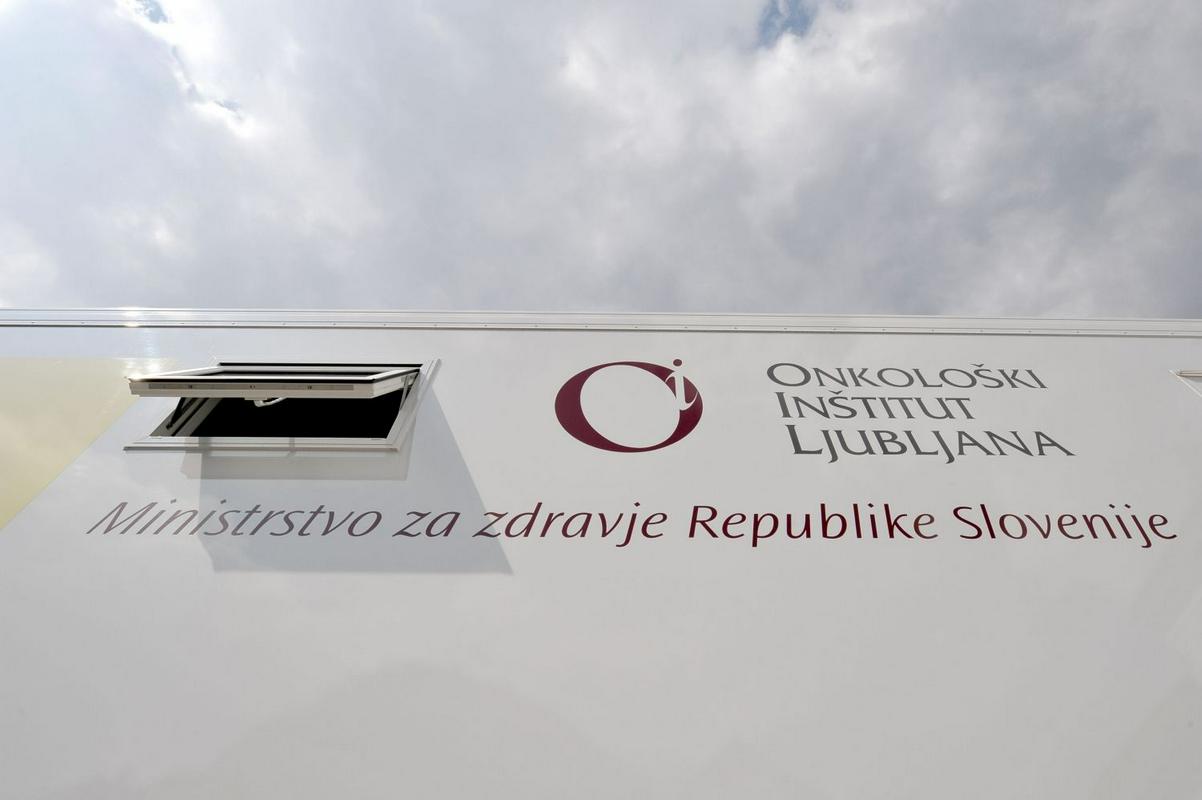
If we take into account that the risk of cancer rises with age, and that Slovenia's society is ageing, we can expect the number of cancer cases to rise even further, despite certain improvements in its treatment.
In 2011 around 3300 men and 2600 women in Slovenia died from one of the many types of cancer. Around 13.000 Slovenians were diagnosed with cancer. Slovenia is among those countries where cancer is one of the most common causes of death. The highest cancer death rate in 2011 was recorded in the Netherlands (31,9 percent). Slovenia came in second with 31,3 percent. According to Eurostat the lowest cancer death rate was recorded in Bulgaria (15,5 percent).
A higher number of discovered cancer cases
The high cancer death rate among Slovenians is also due to the fact that there are more men diagnosed with cancer than women. The difference in developing cancer between the sexes can also be attributed to the different lifestyles of men and women. However we also have to point out the improved diagnostics – doctors are discovering more cases. "The number of new prostate cancer cases among men has been rising fast in recent years. Doctors are able to search for cancer symptoms more intensively by measuring the amount of prostate specific antigen (PSA) in the blood." Explains Maja Primic Žakelj, MD., PhD, who is the head of the Cancer Registry of the Republic of Slovenia, and the registries at the Oncology Institute. "The higher cancer death rate among men is on one hand a consequence of the larger number of cancer cases among men, while on the other hand men develop more types of cancer that are difficult to cure, for example lung cancer."
Lung cancer tops the list
Most Slovenians die of lung cancer. That's followed by breast cancer, prostate cancer, and colon and rectal cancer. The above-mentioned types of cancer can be associated to an unhealthy lifestyle, which means they could be prevented to a certain extent. As doctor Žakelj says, Slovenia's citizens have already done a lot to improve their lifestyles, but more could still be done. "We are among the European countries with the least number of smokers among middle-aged men. Unfortunately though the number of smokers among the young and women is not decreasing. In addition Slovenians don't move enough and eat too much unhealthy food; that's why we also have a rise in the number of obese people," doctor Žakelj lists the critical factors.
Health issues also reveal the consequences of social inequality: unhealthy eating habits prevail among those with lower education and those coming from the lower social strata. More of them are obese, they are less physically active, they smoke more and over consume alcohol. Subsequently more of them also develop chronic non-contagious diseases, not only cancer. Doctor Žakelj also says that there are differences in the development of cancer, both between the sexes as well as between city folk and country folk.
Ksenja Tratnik; translated by K. J.

































































